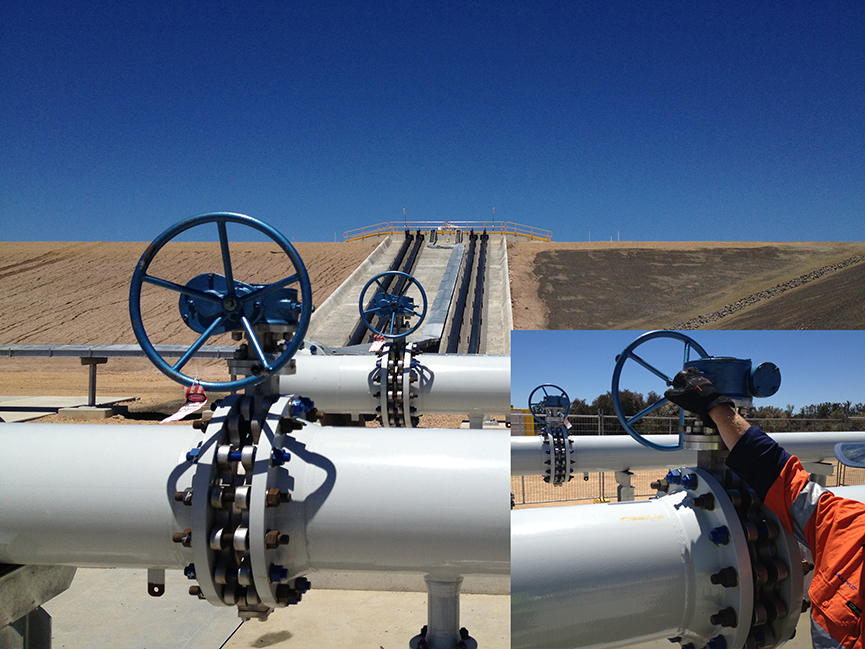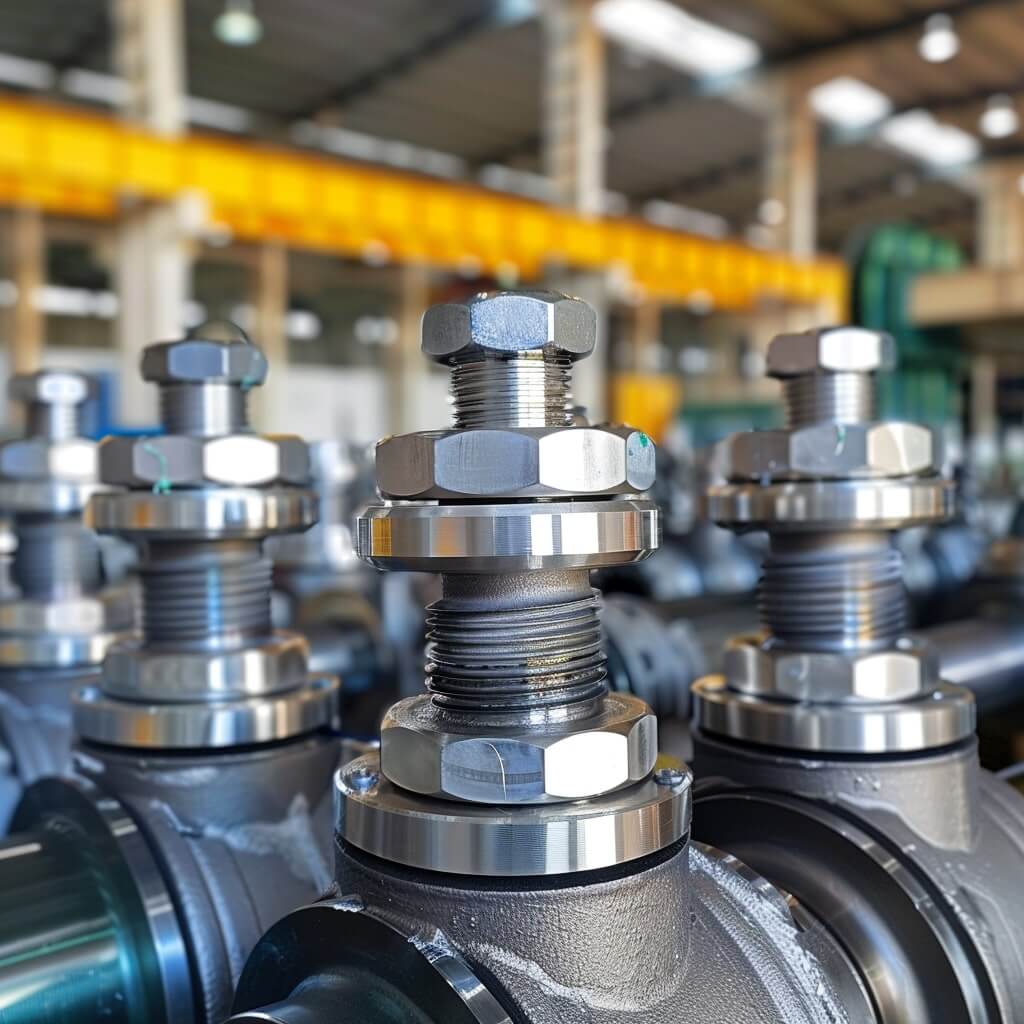Single-phase power systems are typically reliable, but like any electrical system, they can experience issues that disrupt operations. This article will walk you through common problems with single-phase systems, how to identify them, and steps to take for troubleshooting. Additionally, we will explore how these systems relate to industries like geocomposite production and the importance of regular maintenance.
What Are the Common Problems with Single Phase Power Systems?
Common problems with single-phase power systems include:
- Overloading: If too many devices are connected to the system, it can cause overloads, leading to power failures or tripped circuit breakers.
- Voltage Fluctuations: Variations in voltage can cause electrical devices to malfunction or even sustain damage.
- Power Loss: This can occur due to faulty wiring, broken components, or issues with the power grid.
- Blown Fuses or Circuit Breakers: A fuse or breaker may blow if there is an electrical fault or overload in the system.

How Can I Identify Issues with My Single Phase Power System?
To identify issues with your single-phase power system, follow these steps:
- Check Circuit Breakers: Ensure that no breakers are tripped or fuses are blown.
- Measure Voltage Levels: Use a multimeter to check if voltage levels are within the expected range.
- Inspect Wiring: Look for damaged or loose wiring, especially in high-traffic areas.
- Test Appliances: Determine if specific appliances are causing the problem by isolating them from the circuit.
How Can Single Phase Power System Issues Affect Geocomposite Manufacturing?
Issues with single-phase power can affect geocomposite manufacturing processes, leading to:
- Machine Downtime: Equipment used to produce geotextiles, geomembranes, or geogrids may stop working if the power supply is unreliable.
- Reduced Production Efficiency: Voltage fluctuations can cause machinery to operate inefficiently, impacting production quality and speed.
- Increased Maintenance Costs: Frequent power issues can lead to increased wear and tear on machinery, requiring costly repairs or replacements.
What Maintenance Tips Can Help Prevent Power System Issues?
To prevent issues with your single-phase power system:
- Regularly Inspect Wiring: Check for signs of wear and tear or damage, especially after storms or heavy usage.
- Monitor Load Demand: Avoid overloading the system by balancing the electrical load.
- Test Appliances and Equipment: Periodically test equipment to ensure it’s operating within its specified voltage range.
- Schedule Professional Inspections: Have an electrician inspect your system regularly to catch potential problems before they escalate.
While single-phase power systems are generally reliable, regular maintenance and troubleshooting are essential to ensure their longevity and performance. By understanding common issues such as overloading, voltage fluctuations, and power loss, you can take proactive steps to prevent downtime and costly repairs. In industries such as geocomposite manufacturing, maintaining a stable power supply is critical to ensuring smooth operations and high-quality production.
